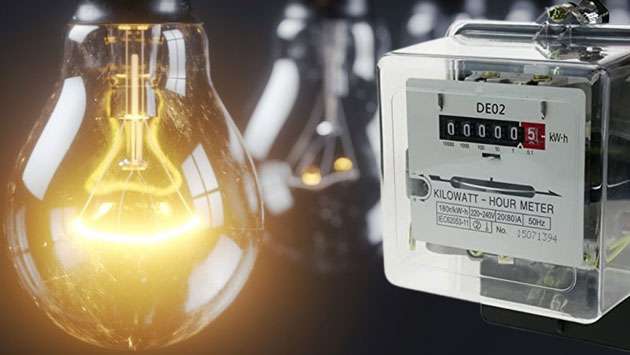By: Staff Writer
January 16, Colombo (LNW): The escalating cost of electricity in Sri Lanka has become a major financial strain on consumers, particularly as the Ceylon Electricity Board (CEB) continues to report significant profits.
Despite CEB’s claims of financial distress due to inadequate tariffs, recent reports suggest the utility is both profitable and plagued by inefficiencies and mismanagement.
This situation has led to increasing calls for the reduction of electricity tariffs, with public opinion heavily favoring tariff cuts.
The Public Utilities Commission of Sri Lanka (PUCSL) is set to finalize its review of public opinions on the proposed electricity tariff revision by January 17.
The PUCSL has gathered public feedback since December 17, holding oral hearings from December 27 to January 10 across all nine provinces.
Approximately 400 individuals submitted their views, with many advocating for a significant reduction in tariffs. Based on these submissions, the PUCSL’s final report is expected to recommend a reduction of around 20%.
In stark contrast to the public’s demand for a reduction, the CEB continues to argue that reducing tariffs would result in financial losses. However, this claim has been met with skepticism.
The CEB’s financial report for the first half of 2024 shows substantial profits, challenging the utility’s justification for high tariffs.
Former Power and Energy Minister Patali Champika Ranawake highlighted the discrepancy, noting that while the CEB has repeatedly claimed it would incur losses with reduced tariffs, its financial performance paints a different picture.
For instance, the CEB proposed a modest 3.4% relief in the first quarter of 2024, but after public submissions, the PUCSL authorized a 21.3% reduction.
Further examination of the CEB’s financial situation reveals a profit of 157.5 billion rupees in 2024, which includes a depreciation gain of 30.7 billion rupees.
This marks a notable increase from 2023, when the CEB reported profits of 70.3 billion rupees, also bolstered by a depreciation gain.
These profits have raised questions about the CEB’s justification for imposing high tariffs, especially when consumers have been charged an additional 33,000 rupees each. Critics argue that these excessive charges, along with the utility’s inefficiencies, should be returned to the public.
Despite these profits, the government has continued to collect large sums from the public, amounting to 578 billion rupees. Critics argue that no tariff revisions have been made since 2013, with some questioning the lack of relief for consumers.
The CEB’s financial figures, including claims of rising debt and costs, have also come under scrutiny. For example, significant investments have been made to the Ceylon Petroleum Corporation (CPC) for fuel payments, adding further strain.
However, audit reports indicate that the CEB’s accumulated financial losses have already been largely covered through past tariff increases and government subsidies.
Despite these findings, the CEB maintains that higher tariffs are necessary to address ongoing debts. Critics, however, argue that this narrative is misleading, as many of these debts have already been addressed through past tariff increases and other financial strategies, such as debt-equity conversions.
In light of this, the public is calling for a transparent review of the CEB’s financial situation and for the profits accumulated in recent years to be used to reduce electricity costs for consumers.
The total profits reported by the CEB for 2023 and 2024, amounting to 178.7 billion rupees, should be used to offset the excessive charges imposed on the public.
With many Sri Lankans already struggling with the high cost of living, the demand for tariff reductions is not merely a plea for financial relief but also a call for accountability and fairness in how electricity costs are managed.
In conclusion, as the PUCSL finalizes its report on electricity tariff revisions, it is essential for the government and the CEB to consider the overwhelming public support for reduced tariffs.
The substantial profits reported by the CEB and the financial burden on consumers make a compelling case for tariff reductions.
It is time for the CEB to act in the best interest of the public and ensure that the benefits of its profits are passed on to the people who have been bearing the cost for too long.

